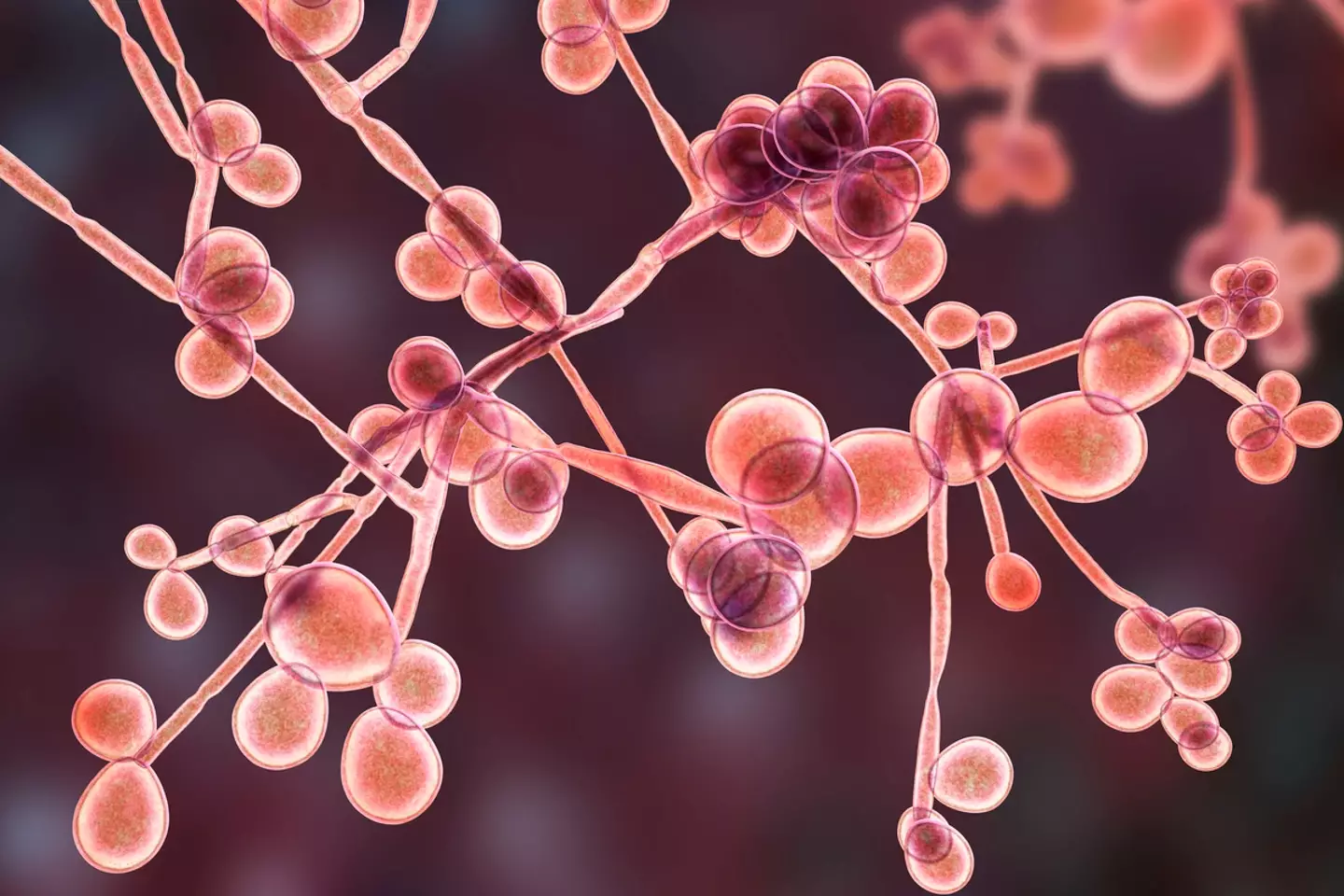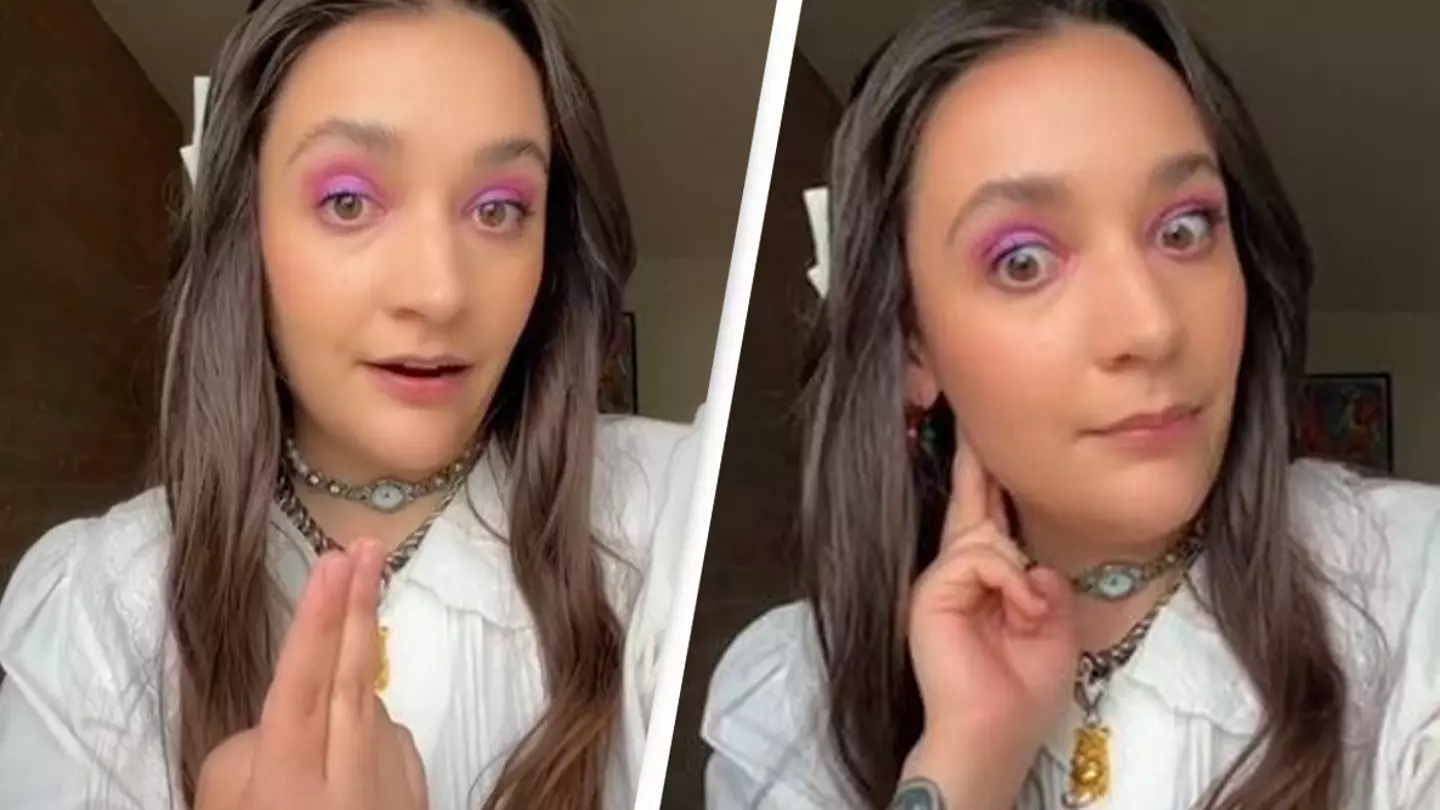A while ago, TikTok saw the emergence of a peculiar trend known as ‘vabbing.’
This trend, aimed solely at women, was unusual but gained a following as participants claimed its effectiveness, prompting many others to try it as well.
For those unfamiliar with vabbing, it involves combining the words ‘vagina’ and ‘dabbing’ to describe the act of using one’s vaginal fluids as a form of perfume.
Women engaged in this practice believing it would help them attract potential partners due to the presence of pheromones in the fluids, which are known to stimulate sexual attraction within the same species. What many of these women didn’t realize was the potential harm this practice could cause to their bodies.

The trend garnered significant attention on a section of TikTok, with videos on the topic racking up millions of views.
However, despite some assertions of its efficacy, many participants reconsidered their stance after hearing medical experts weigh in on the practice.
The primary concern with vabbing revolves around hygiene, as explained by Hana Patel, a doctor and female health specialist in south London, in an interview with Women’s Health. She highlighted the potential dangers of this trend.
“There is the potential to get an infection,” she stated. “We have bacteria and fungi on our skin, and if we upset the vagina’s natural balance, it can cause a localized infection.”

Additionally, London gynecologist Paraskevi Dimitriadi informed the Daily Mail that the trend could lead to conditions such as vaginosis or thrush due to bacteria from the hands affecting the vaginal area during vabbing.
“If you have bacterial vaginosis or thrush your discharge can be malodorous and will not help you attract a partner,” she commented.
Vabbing could even result in pelvic inflammatory disease (PID) and potentially infertility, though these severe outcomes are rare.

For those persisting with vabbing for its supposed allure, medical experts have debunked its effectiveness.
Dimitriadi clarified: “We secrete the same pheromones throughout the glands of our body. We have pheromones in our sweat. We also secrete pheromones through urine and we don’t put that on our bodies.
“There is absolutely no need to use your vaginal discharge on other parts of your body to attract a partner.”
Furthermore, Fortis Hospital gynecologist Uma Vaidyanathan addressed the trend’s lack of scientific support in a discussion with the Indian Express, stating: “The concept of pheromones exists in animals, but, we are an evolved species. All of these [trends] have no scientific basis at all.”

